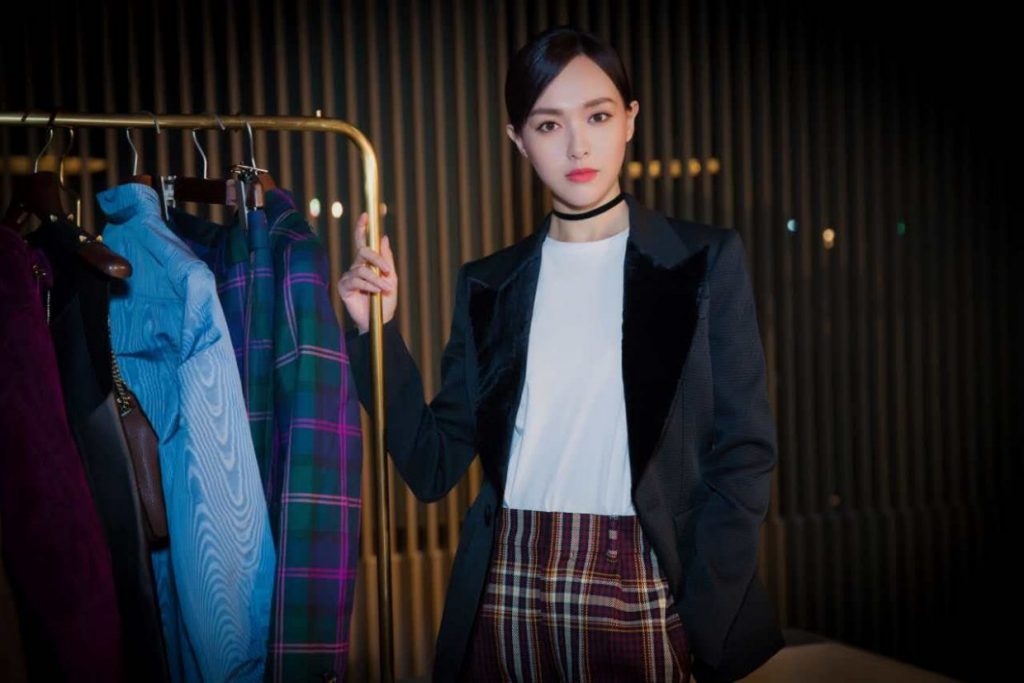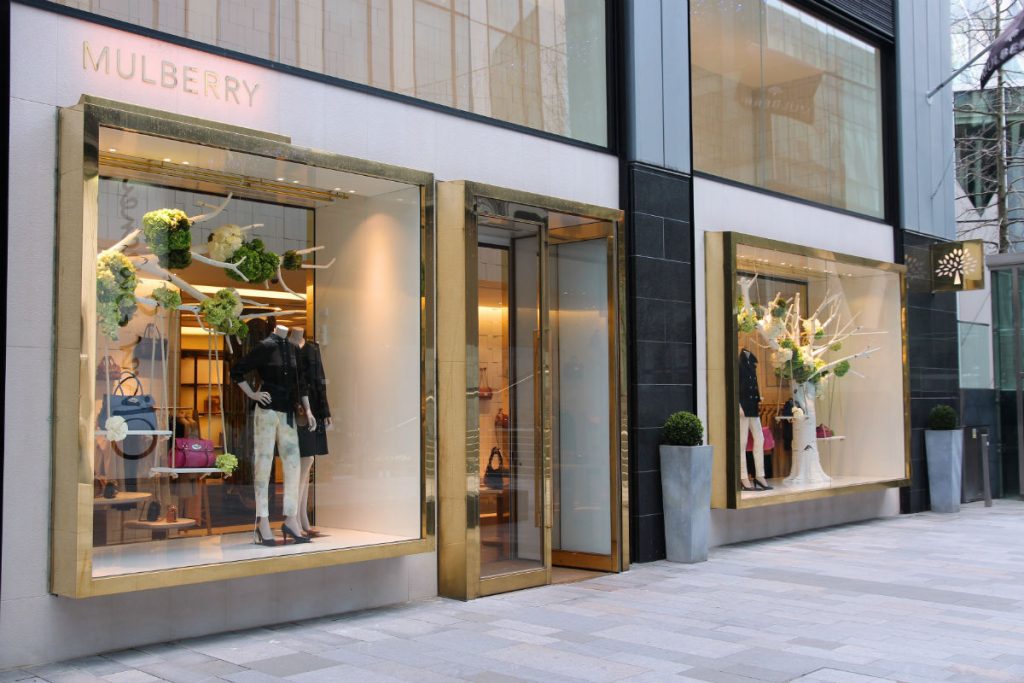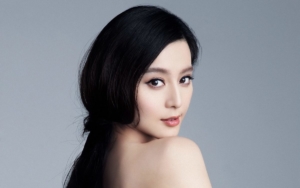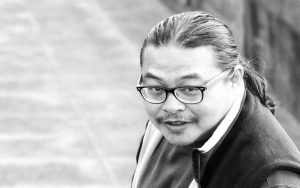Yao, who has more social media followers than the population of the UK, has been forced to clarify her position on refugees after receiving an onslaught of online criticism.

In Beijing, UNHCR High Commissioner Filippo Grande presents a certificate of renewal to UNHCR Goodwill Ambassador Yao Chen to extend her GWA for two years, until June 2019. © UNHCRWang Wei
Chinese actress Yao Chen has denied reports she called for China to accept refugees into the country after a social media backlash over her supposed comments erupted over the weekend.
Yao, who boasts over 80 million followers on Sina Weibo, China’s Twitter, took to the social media site on Monday to push back on rumors she had called for China to accept more refugees from Syria.
“[This story] is a rumor. I have never represented this view at any time or in any occasion,” the actress wrote on her Weibo account on Monday.
Yao went on to quote Chinese foreign minister Wang Yi who said that “refugees are not immigrants” who wish to eventually return to their country”.
Yao’s post came in response to a barrage of criticism from Chinese netizens to her Weibo account and that of the UNHCR for which she is a Goodwill Ambassador for.
Appointed as UNHCR’s Goodwill Ambassador in June 2013, Yao Chen was honored at the Crystal Awards in Davos last year for her work to raise awareness of the global refugee crisis on behalf of the organization.
Her outsized influence has seen her ranked among Forbes’ World’s Most Powerful Women and Time’s 30 Most Influential People.
In June, UN High Commissioner for Refugees Filippo Grandi renewed Yao’s tenure as UNHCR’s Goodwill Ambassador for an additional two years till June 2019.
Yao has been posting about refugees she had met from the Philippines, Thailand, Ethiopia, and Syria since 2010.
“Thanks to Yao Chen, refugees have entered the consciousness of millions of Chinese people,” said Grandi in June.
“Her unique voice has helped them to look beyond the numbers and see refugees as real people seeking to find some normalcy when their lives have fallen apart.”
But that influence has its limits in China where anti-Muslim sentiment is on the rise. Terrorism and the refugee crisis have both contributed to Chinese netizen’s growing anti-Muslim sentiment.
Academics Rose Luqiu, and Fan Yang of Pennsylvania State University and the University at Albany-SUNY analyzed more than 10,000 posts related to Islam and Muslims on Weibo before and after Europe’s 2015 refugee crisis and found that the sentiment of these posts were generally negative.
China is home to an estimated 23 million Muslims. The Han majority, in contrast, make up about 92 percent of the population, according to China’s 2010 Census.
At the end of 2016, there were 317,923 persons of concern in China, according to UNHCR statistics. The category is an umbrella term for refugees, asylum-seekers, stateless persons and others.
It’s not the first time Yao Chen’s Weibo feed has been the center of controversy. In 2013, Yao waded into a highly sensitive censorship debate by posting her support for an embattled newspaper that was in the sights of the country’s censors.
More usually, the actress posts light-hearted posts about her life, work and event commitments but still also calls on her followers to donate to charitable causes or alerts them to missing children reports.
“In the olden days, there was a distance between actor and audience, who consider you to be the role you play,” Yao told Vision Magazine in a recent interview.
“Nowadays, there are new channels for people to know about you beyond the screen, which means that there is also a new channel to criticize you.”







